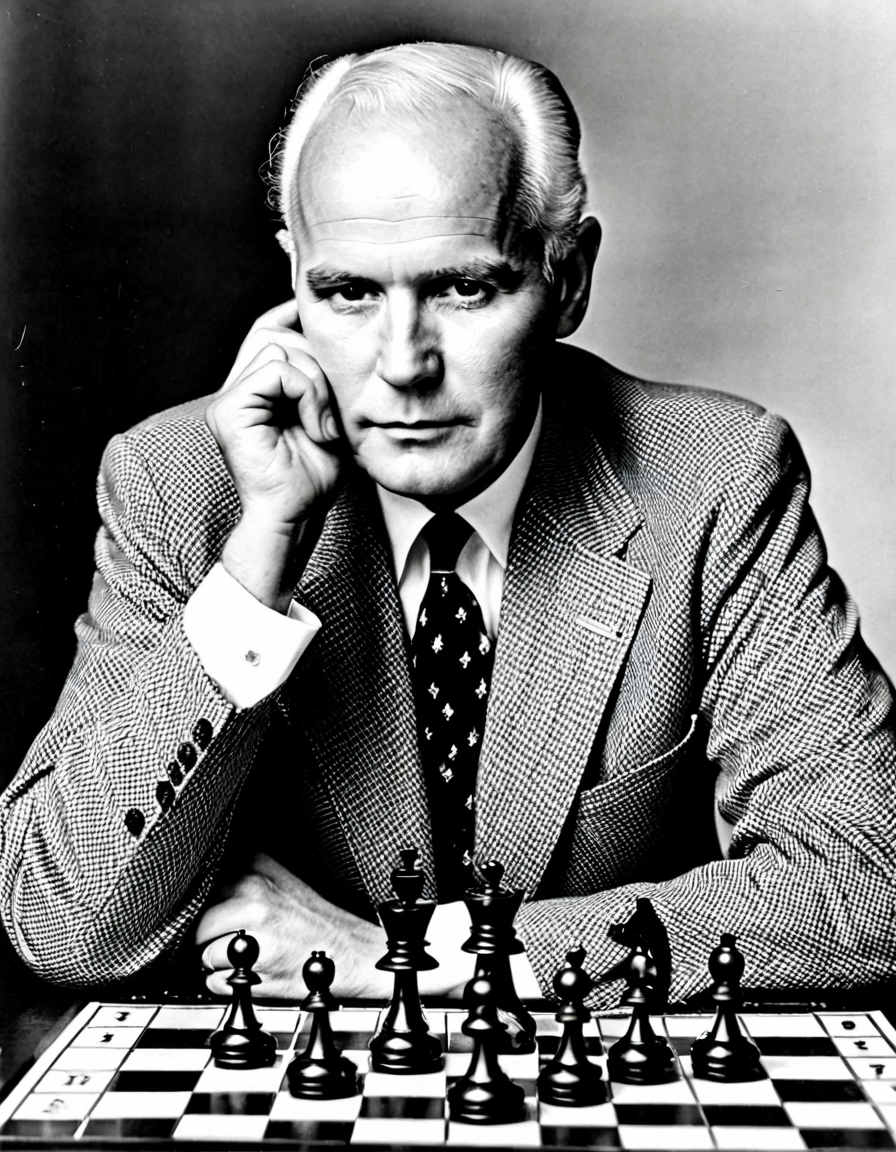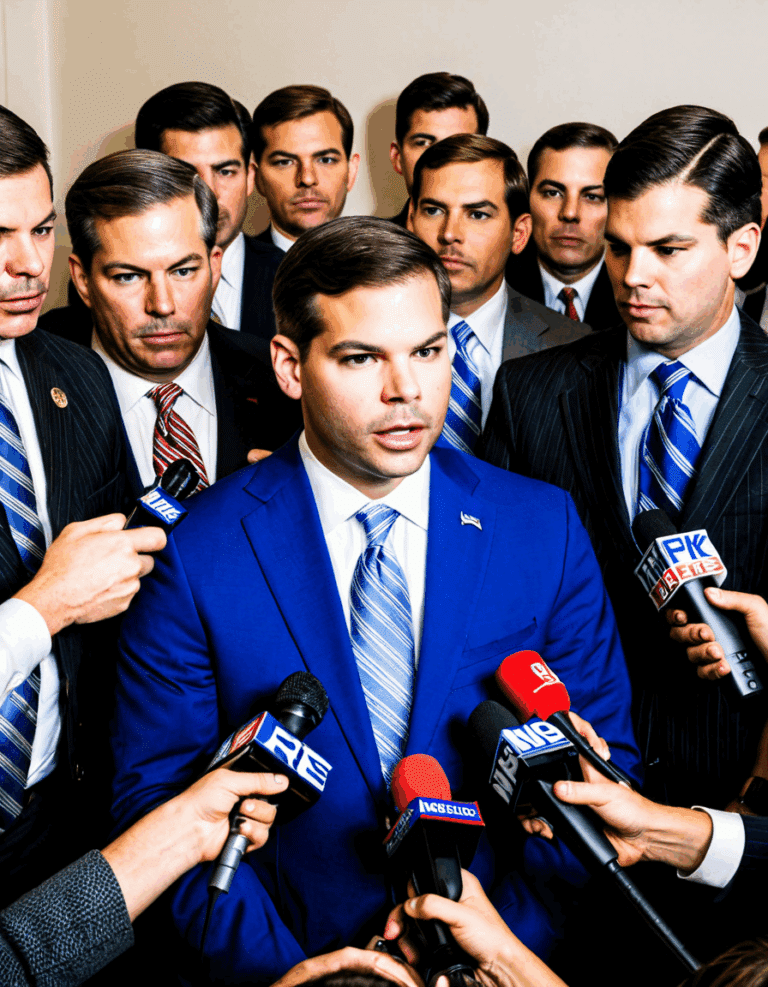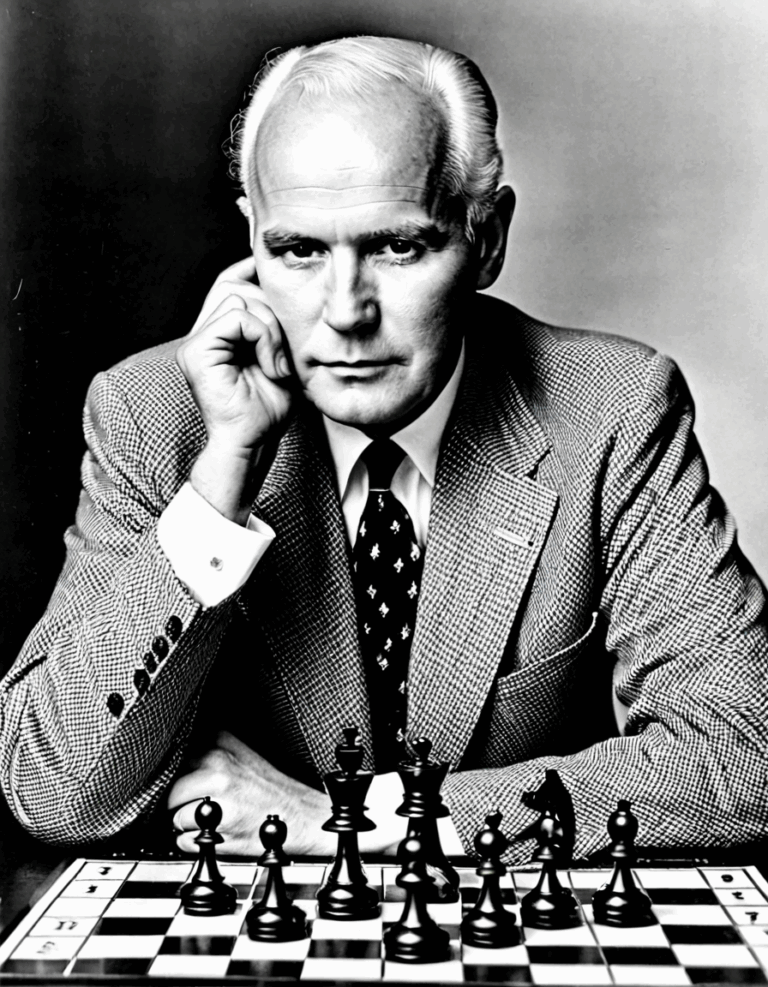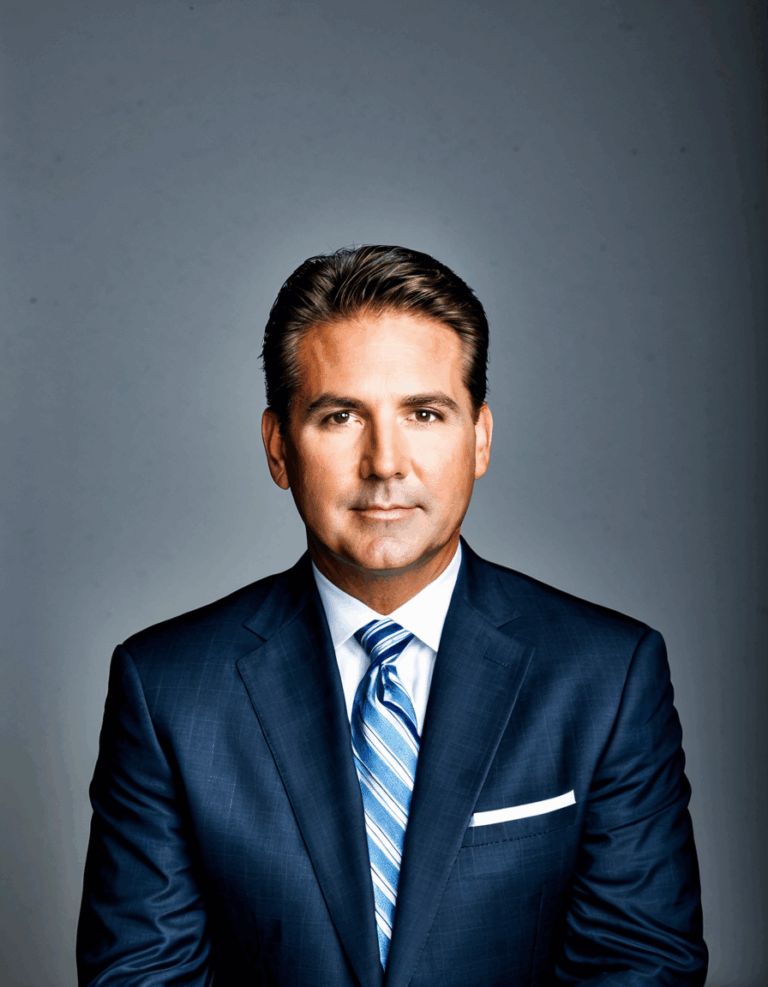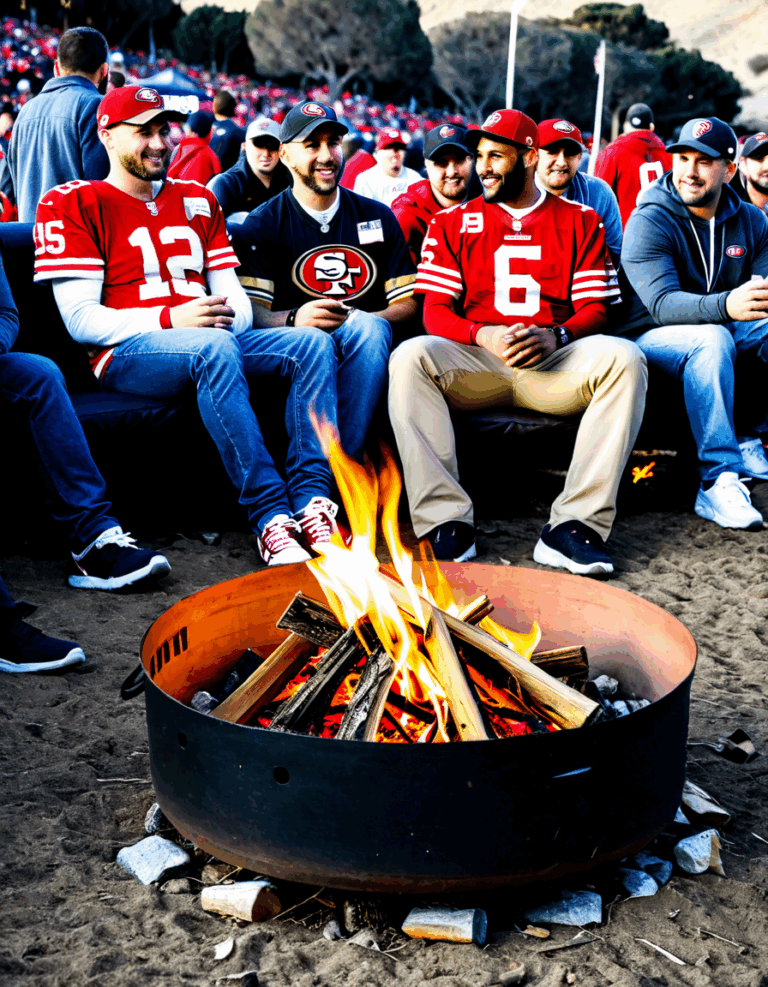Whitey Bulger, a name synonymous with crime and corruption, remains a chilling figure etched in the annals of American organized crime. Born in 1929 in Boston, Bulger clawed his way up to become one of the most infamous mobsters in U.S. history. His intricate dance with the FBI while simultaneously running a criminal empire in South Boston paints a picture of moral ambiguity. This complex narrative encapsulates Bulger’s dual life, where he was both protector and predator, illustrating a chilling chapter of American crime that every freedom-loving citizen should be aware of.
From racketeering to drug trafficking, Bulger’s grip on organized crime grew stronger during the chaotic days of post-war America. This era presented opportunities for individuals like Bulger to thrive by exploiting the vulnerabilities of their communities. His rise was paved with intimidation, calculated partnerships, and acts of violence that left lasting impacts on the lives of many. Bulger’s story isn’t just about crime; it’s also a reflection of the moral decay that can seep into our institutions when corruption goes unchecked.
In a country that values law and order, the tale of Whitey Bulger serves as a reminder of the darkness that can reside within systems meant to protect us. So, as we dive deeper into this troubling saga, let’s explore the key players in Bulger’s life and crimes, the FBI’s complicity, and ultimately, the lessons we can glean from his downfall.
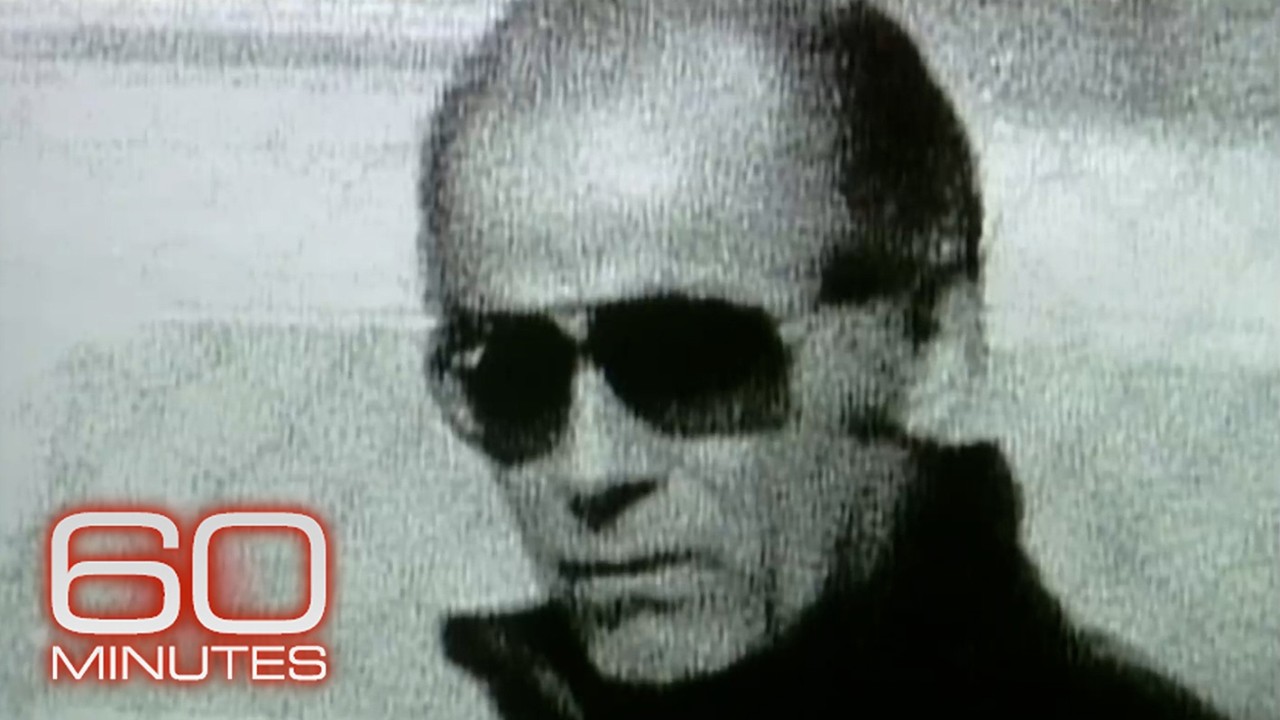
The Dark Legacy of Whitey Bulger
Whitey Bulger embodies a dark legacy that lingers in Boston and beyond. His casual blend of charm and cruelty allowed him to maneuver through both crime and law enforcement circles. The economic strife of the 1970s and 80s offered Bulger fertile ground to establish his reign of terror, which was marked by shocking brutality and cunning business strategies.
From the South Boston docks to the underground club scene, Bulger’s influence permeated every aspect of life. The fear he instilled in the community reflects a broader issue; it demonstrates how organized crime can thrive under a veil of complicity. While many were afraid to speak out, others were tempted to join Bulger’s ranks, willing to take their chances for a taste of power or wealth.
Moreover, Bulger’s relationship with the FBI—the very agency tasked with bringing down criminals—raises crucial questions about our justice system. Officers like John Connolly, who traded truth for friendship, contributed to a culture of distrust that still echoes today. It’s not just Bulger who embodies the lessons of this story; it’s the systemic failures that allowed him to flourish.

The Key Players in Bulger’s Life and Crimes
Stephen Flemmi: As Bulger’s right-hand man, Flemmi was crucial to executing many of Bulger’s violent schemes. Their collaboration was both lucrative and deadly, pulling innocent lives into the chaos that surrounded their criminal empire.
John Connolly: This rogue FBI agent became an infamous figure for betraying the very principles of law enforcement by providing Bulger with confidential information. Connolly’s actions serve as a troubling reminder of how power dynamics can skew moral boundaries.
Kevin Weeks: As Bulger’s enforcer, Weeks executed many of Bulger’s terrifying orders. His involvement in several violent acts ensured that Bulger’s grip on South Boston remained unchallenged, reinforcing a legacy defined by fear.
Jennifer McKinney: While not a traditional ally, McKinney’s claim of having met Bulger highlights the intertwining of myth and reality surrounding his legacy. The allure of Bulger’s personality attracted stories and rumors, further entrenching his infamy.
Joe Rogan: Though not directly linked, Rogan’s podcast discussions about Whitey Bulger and his impact on American crime culture indicate how the specter of Bulger continues to influence contemporary society. His insights uncover the nuances of Bulger’s life and its implications for today.
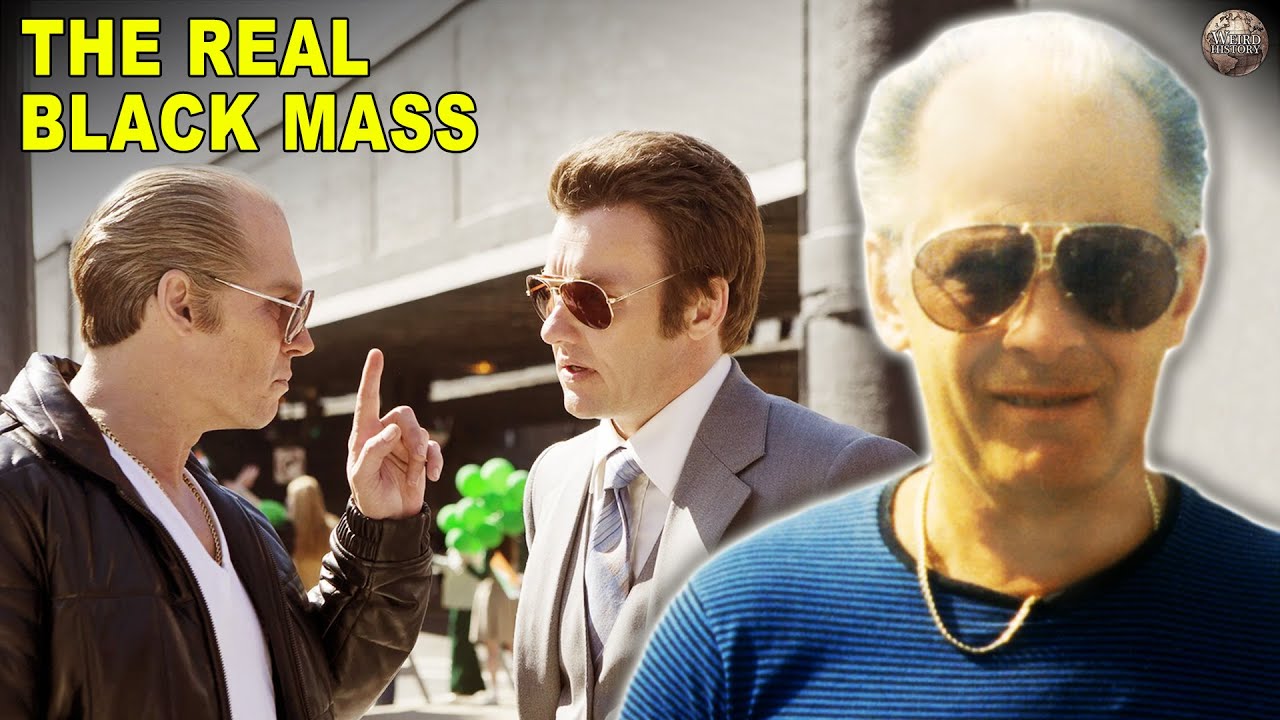
The Rise and Fall: Whitey Bulger’s Criminal Empire
Whitey Bulger’s ascent to power came at a time when post-war America was riddled with uncertainties. Exploiting the chaos, he established a network of illicit activities ranging from racketeering to drug trafficking. His empire was built on a foundation of violence, deception, and a series of strategic alliances that reinforced his dominion over South Boston.
During the 1970s and 80s, Bulger orchestrated a symphony of criminality through detailed schemes that often left his foes quaking in fear. His iron fist controlled the local drug trade, while extortion became a common practice. Bulger showed up with a smile but left nothing but destruction in his wake, ensuring that dissent was met with swift retribution.
However, with great power comes inevitable downfall. Rival gangs and former associates, resentful of Bulger’s unchecked dominance, began to mobilize. This internal strife, combined with a growing wave of public outcry, signaled the beginning of the end for Bulger’s reign. The legacy he built through fear ultimately paved the way for his own destruction.
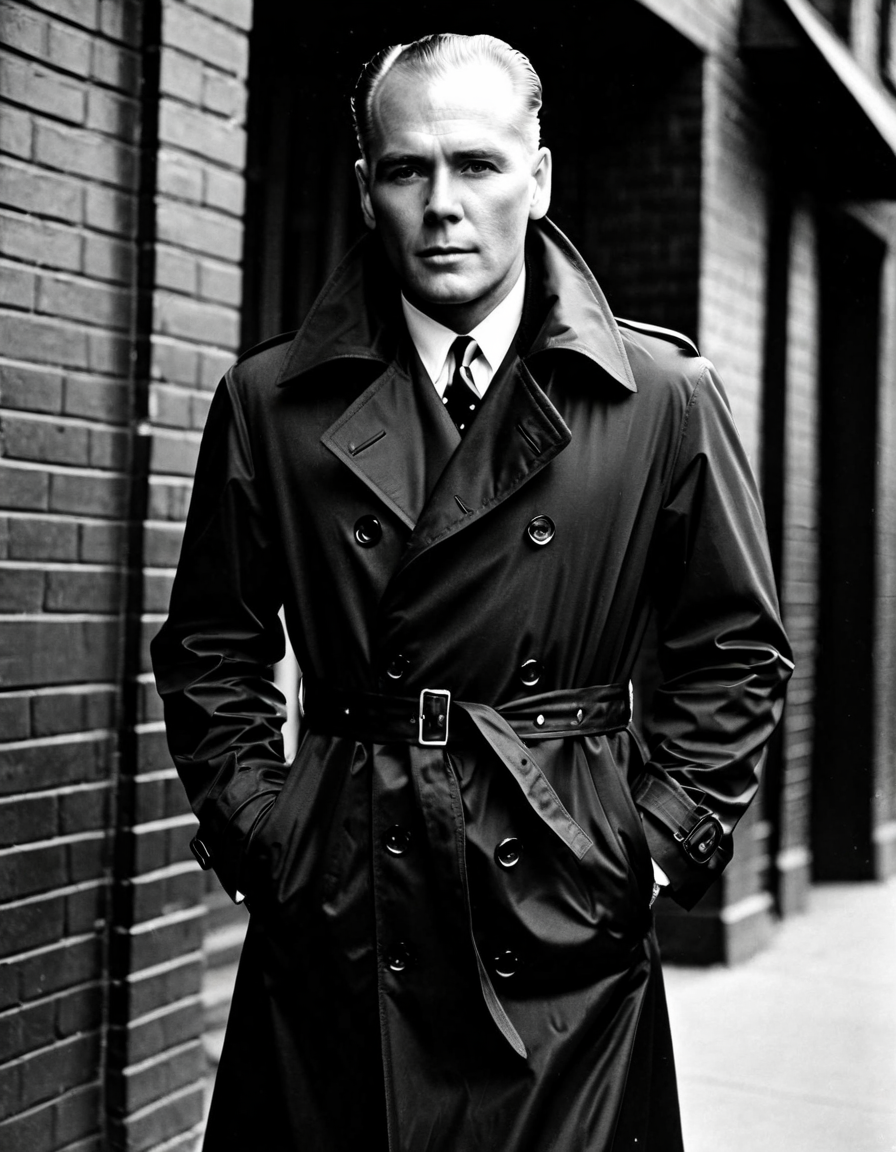
The FBI-Bulger Relationship: Corruption at the Core
The connection between Whitey Bulger and the FBI is a deeply troubling aspect of his story. For years, the FBI relied on Bulger as an informant who provided insights on rival gangs, all while running his empire without restraint. This dual relationship led to shocking levels of corruption, highlighting a rot within the law enforcement culture.
As Bulger’s powerhouse grew, many in the FBI turned a blind eye, driven by a desire for quick results and the allure of insider information. This left the agency vulnerable to manipulation and made Bulger untouchable for far too long. The tragic irony is that a man who should have been brought to justice was instead protected by the very people meant to uphold the law.
Bulger’s eventual downfall was influenced not only by his adversaries but also by the growing awareness of the corruption within law enforcement. As rival groups began to unite against him, the cracks in his empire became too wide to ignore. The failure to bring Bulger to justice underscored the necessity for reform in our institutions, ensuring that no one is above the law, no matter how charismatic or powerful—a lesson that resonates strongly today.
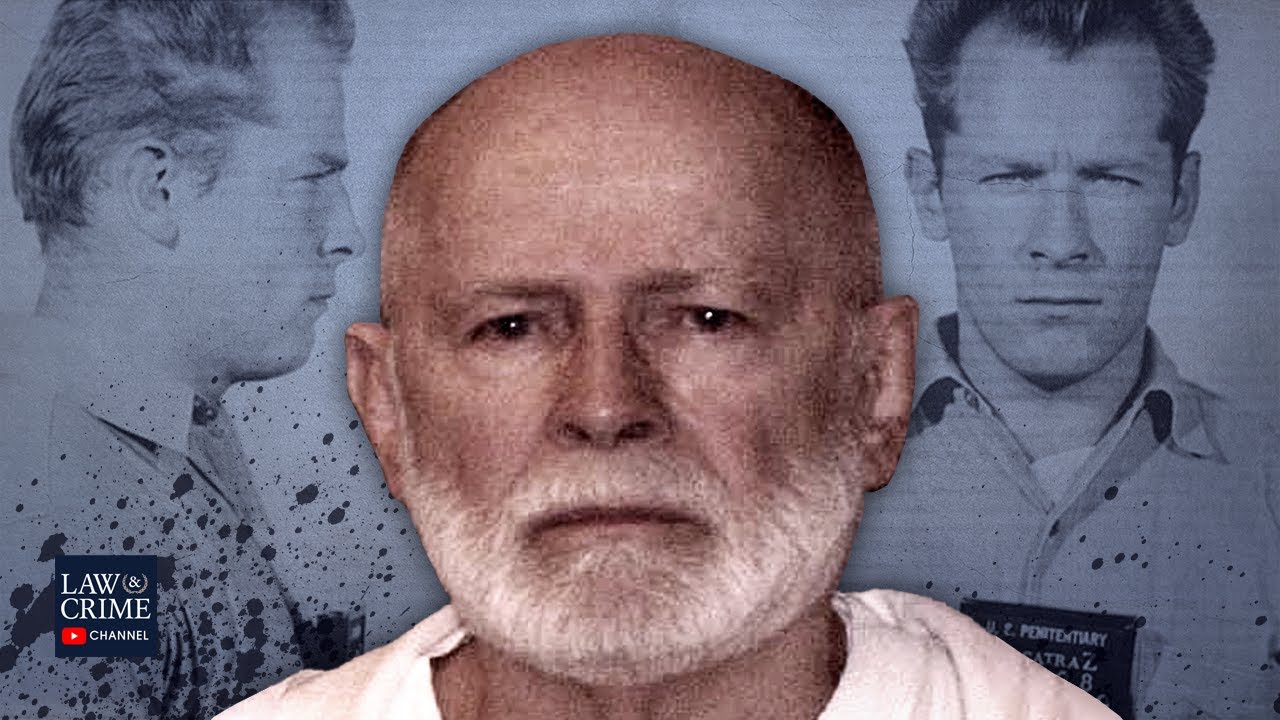
Whitey Bulger’s Capture: A Cat-and-Mouse Game
After spending 16 long years on the run, Bulger was finally captured in June 2011, in Santa Monica, California. The relentless pursuit by the FBI, coupled with the emergence of new informants, brought an end to his reign. The cat-and-mouse game between law enforcement and Bulger was riveting, drawing the attention of the media and the public alike.
The manhunt for Bulger featured high-stakes drama that included tips from the public, media coverage, and an array of psychological profiles used by the agents on his trail. Investigators had to piece together a puzzle of his life and criminal activities to predict his moves. The sheer determination of law enforcement to see justice served showcased the resilience of a system often bogged down by its own bureaucracy.
If nothing else, Bulger’s capture marked the end of an era in Boston, where fear no longer dictated the streets. It was a significant triumph for law enforcement and a powerful reminder of the importance of accountability. His capture shone a light on the past’s shadows, as citizens could finally breathe a sigh of relief knowing that the reign of terror had come to an end.
The Aftermath: Bulger’s Trial and the Broader Implications
Bulger’s trial in 2013 was a watershed moment in the narrative of organized crime in America. The courtroom became a stage for harrowing tales of violence and intimidation, exposing not just Bulger’s monstrous deeds but also the deep-rooted corruption that plagued the FBI. His trial ignited a public outcry that raised serious concerns about systemic failures within law enforcement.
The implications of Bulger’s convictions extended beyond personal accountability; they illuminated a broader discourse on government integrity. Bulger’s life serves as a case study for aspiring reformers eager to safeguard freedom and justice against corruption. The events surrounding his trial forced a reckoning, prompting calls for accountability from government officials and increasing scrutiny over surveillance practices and informant relationships.
Citizens demand that law enforcement agencies maintain their integrity, not merely as a choice but as a necessity in a healthy democracy. Bulger’s story highlighted the ugly side of crime and the potential for failure within institutions meant to protect us. Ultimately, the revelations during his trial provided insights into the struggles against crime and the ongoing fight for transparency and justice that echoes loud within our nation.
Reflections on an American Anti-Hero
The saga of Whitey Bulger elicits both fascination and repulsion, embodying the characteristics of an anti-hero in the annals of American crime. His life reflects a cautionary tale about power, corruption, and the seductive nature of crime. However, let’s not lose sight of the message; beneath the gloss of Bulger’s charisma lies a stark reminder of the consequences of living outside the law.
The allure of Bulger’s legacy serves to provoke critical discussions about morality, justice, and the impact of crime on society. Reflecting on Bulger’s life engenders a fuller grasp of the intertwined realities of crime, law enforcement, and the ethical pathways we must tread toward justice.
In a world overflowing with complexities, Whitey Bulger’s tale serves as important. It urges us to remain vigilant against the natural human inclination toward corruption. Our duty as citizens involves holding those in power accountable and ensuring that the law serves justice. In engaging with this compelling narrative, we recognize the lessons inherent in Bulger’s dark legacy, and ultimately, we empower ourselves to foster a society grounded in true justice and order.
As we seek to take these lessons to heart, the story of Whitey Bulger remains pertinent. It’s an echo from the past that resonates, urging us to review our systems and drive home the importance of honest governance and justice for all. Our future would benefit from reflection on the past—not only for awareness but for a renewed commitment to ensuring that such failures do not repeat themselves in our great nation.
Whitey Bulger: The Infamous Crime Boss You Should Know
A Life of Crime and Infamy
Whitey Bulger was more than just a mobster; he was a notorious figure whose criminal exploits captivated the nation. Notably, he was listed on the FBI’s Ten Most Wanted Fugitives, a distinction that comes with a chilling legacy. His reign involved organized crime in Boston, turning him into a symbol of corruption and betrayal, especially given his ties with law enforcement. Speaking of law enforcement, the operations led under an Fbi director during his time were critical in shaping underground crime in America. Despite his sinister reputation, there were lighter moments in those tumultuous times. For instance, many folks couldn’t shake the image of Bulger’s life inspiring the blockbuster films based on his story, similar to that grand war movie experience where heroes and villains meet in tumultuous battles.
A Colorful History
Bulger’s early life was as colorful as his criminal career. Growing up in a close-knit Irish neighborhood, he wasn’t born into a life of crime; it sort of found him. But it’s not all just shadows and darkness. Interestingly, during his prime, Whitey Bulger became a pop culture reference, with elements of his life seeping into various forms of media. You could even say he gave the phrase “going legit” a new meaning! Remember the uproar about Baby Yoda? Just as folks went wild for the adorable character’s name, America buzzed with curiosity about Bulger when news connected his name to criminal plots and the underbelly of society. Much like today’s tabloid fuss about news today Usa, Bulger’s saga kept people on the edge of their seats.
The Chase and Capture
Bulger’s capture in 2011 after 16 years on the run showed he’s got some serious fortitude and planning. He was hiding in plain sight; I guess that’s a lesson in evasion! Authorities utilized an e warrant to aid in his eventual arrest, which pointed to the turn of the tides in tech and law enforcement. The relentless chase to locate him was as fascinating as the chaotic grapples for power that defined his life. His trial was a media spectacle, prompting even Nyc mayor discussions on crime rates following his conviction. Somehow, this mobster’s drama still reminds us of the gripping plots in sitcoms, like waiting for Young Sheldon season 7 release date Netflix news to drop. In the strange world of crime, Bulger holds a place that will linger in American history for a long time.


